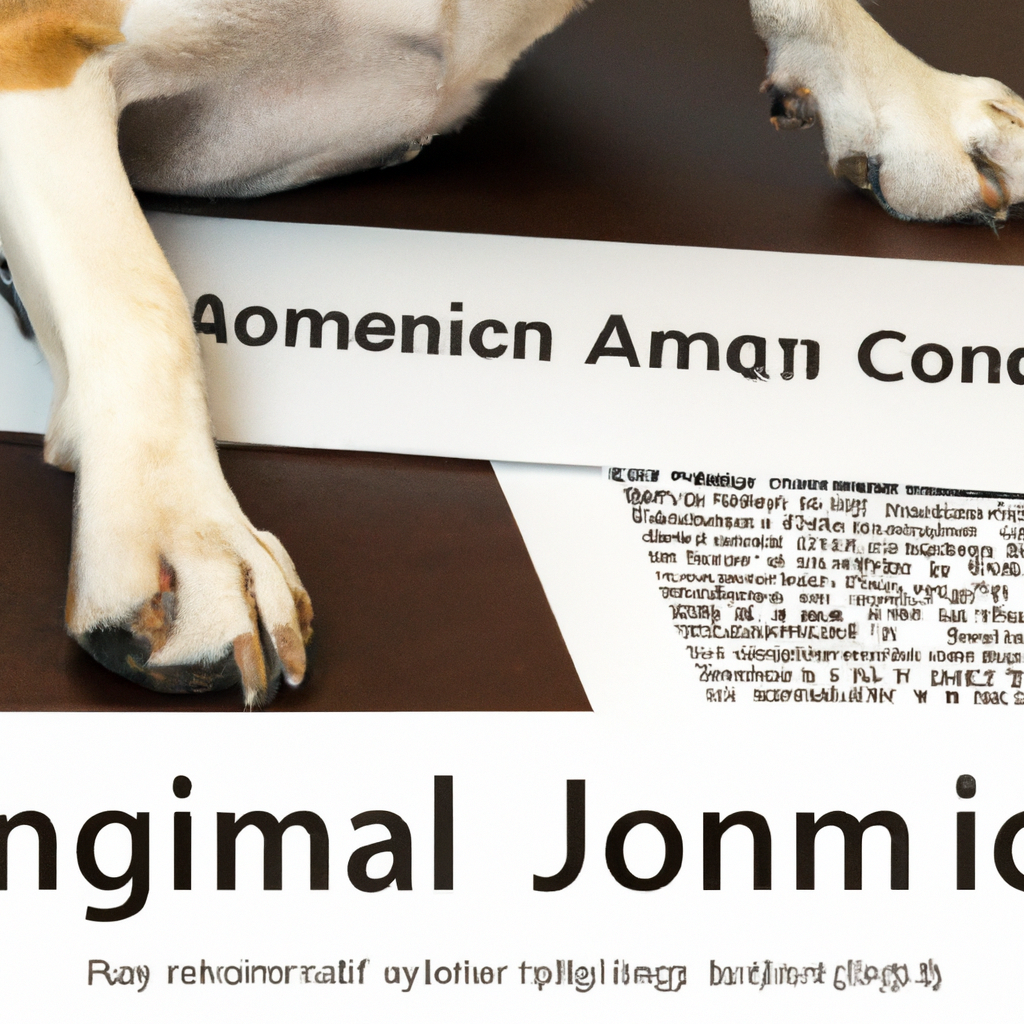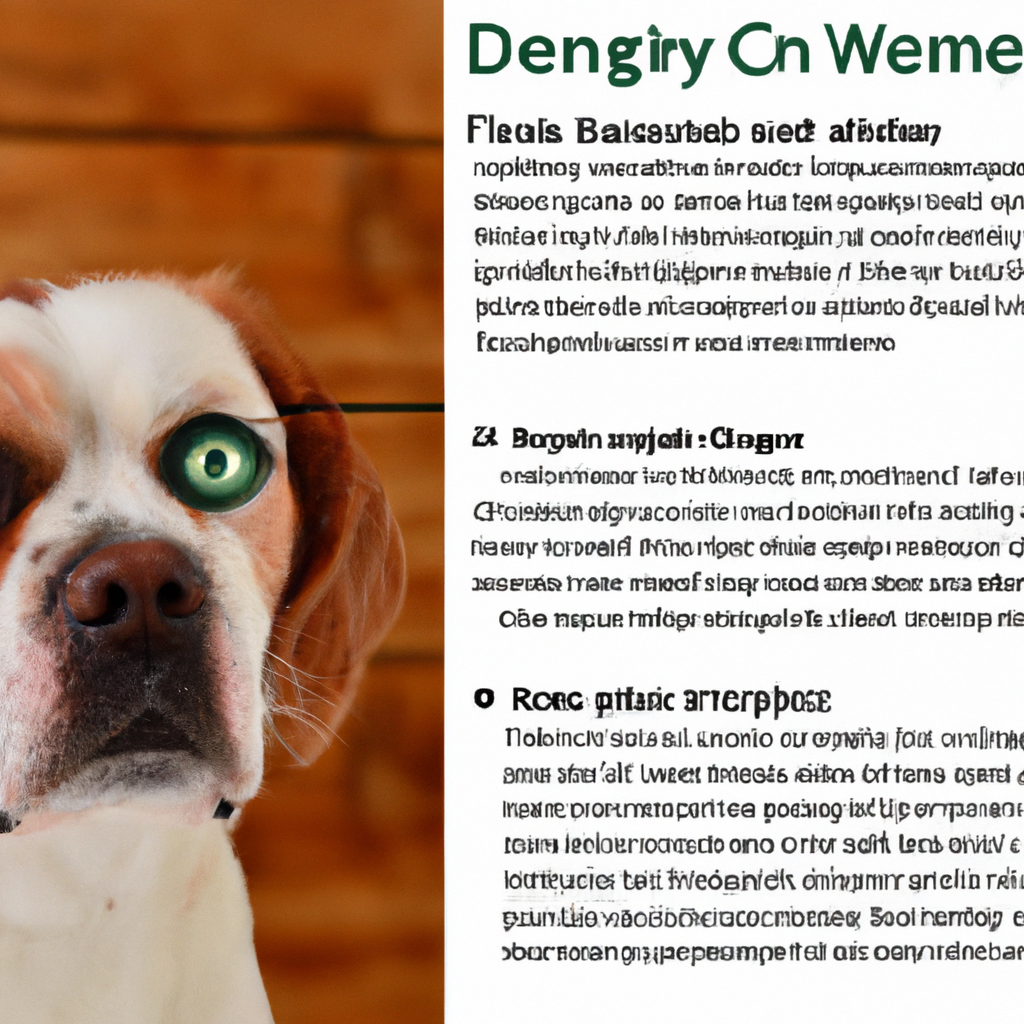Recognizing and Managing Common Joint Issues in Dogs
Recognizing and Managing Common Joint Issues in Dogs Introduction Dogs are active and energetic creatures by nature, always on

Recognizing and Managing Common Joint Issues in Dogs
Introduction
Dogs are active and energetic creatures by nature, always on the go and ready for adventures. However, just like humans, they can face joint issues that affect their mobility and overall quality of life. Recognizing the signs and managing these common joint problems is essential for promoting your furry friend’s well-being and ensuring they enjoy a pain-free life.
1. Arthritis
Arthritis is one of the most prevalent joint issues found in dogs. It refers to the inflammation of the joints and can occur due to various factors such as age, genetics, obesity, or previous injuries. Keeping an eye out for symptoms like stiffness, limping, difficulty getting up, or reluctance to walk or exercise is crucial. Consult your veterinarian, who may suggest appropriate medications, weight management strategies, or physical therapy exercises to help manage arthritis.
2. Hip Dysplasia
Hip dysplasia is a hereditary condition commonly seen in larger dog breeds. It occurs when the hip joint does not form properly, leading to abnormal wear and tear, inflammation, and pain. Signs include bunny hopping, difficulty standing up, loss of muscle mass, or a swaying gait. Early intervention is vital, and your vet may recommend treatments ranging from weight control and exercise management to surgical procedures like hip replacement or joint reconstruction.
3. Cruciate Ligament Injury
Cruciate ligament injuries often happen during sudden, intense movements or accidents that cause excessive strain on the knee joint. Dogs may show signs of lameness, limping, or difficulty putting weight on the affected leg. Depending on the severity of the injury, treatment options could range from rest, anti-inflammatory medications, and physical therapy to surgery for more severe cases.
4. Elbow Dysplasia
Elbow dysplasia is another common joint issue found in dogs, especially larger breeds. It refers to an abnormal development of the elbow joint, causing discomfort, pain, and lameness. Dogs may exhibit signs like limping, swelling, or reluctance to use the front legs. Treatment options include weight management, pain medications, physical therapy, or surgery if necessary.
Conclusion
Recognizing and managing common joint issues in dogs is crucial to maintaining their overall health and wellness. Regular visits to the veterinarian, monitoring for any signs of discomfort or changes in mobility, and following appropriate treatment plans will help your beloved pet live a comfortable and active life. Remember, early intervention is essential when it comes to joint issues, so don’t hesitate to seek professional advice if needed.






